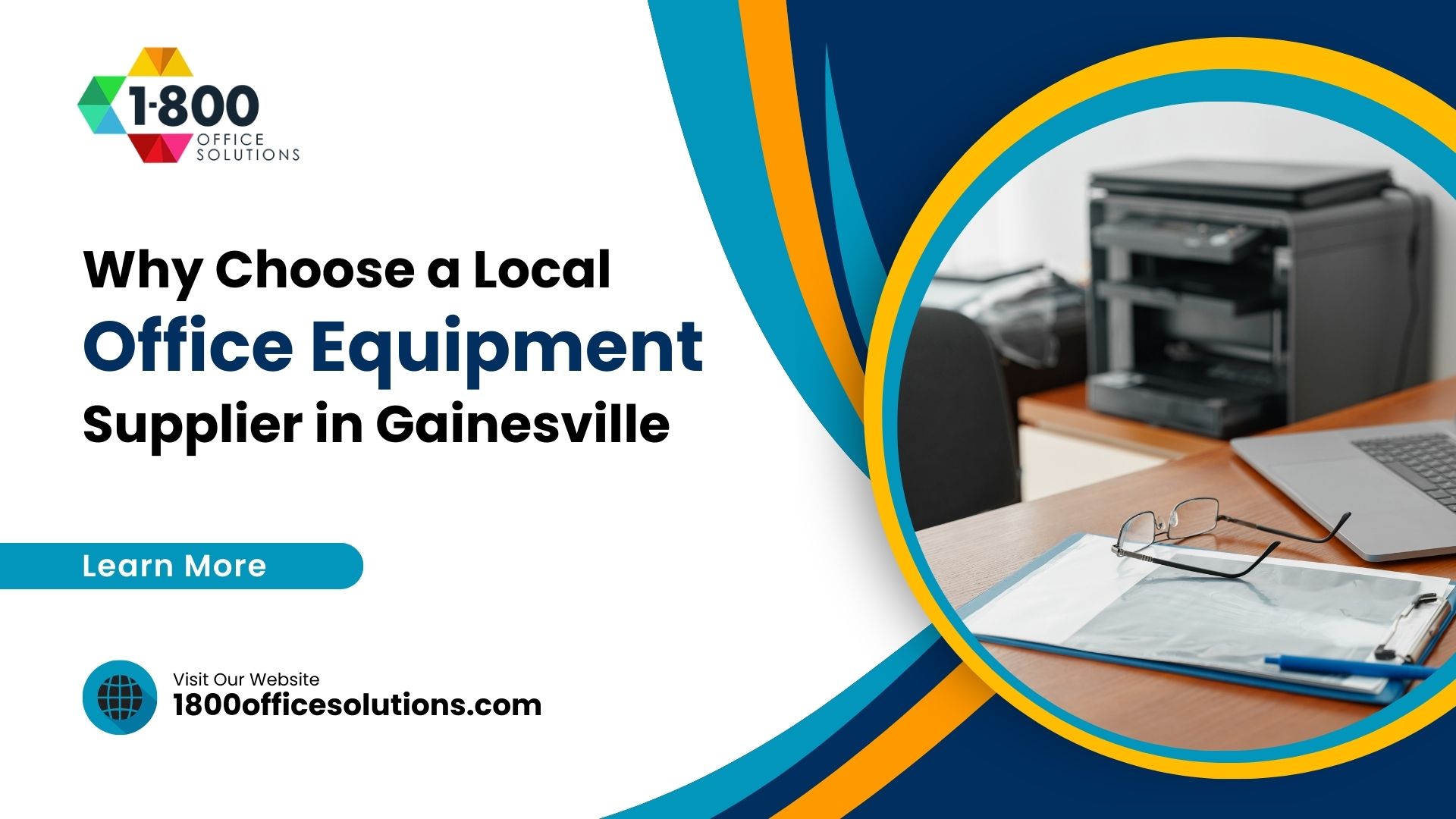Negotiating with Office Equipment Supplier: The Beginner’s Guide You Didn’t Know You Needed
Introduction
In today’s competitive business landscape, the importance of negotiation with suppliers cannot be overstated. Whether you are a small startup or a well-established firm, negotiating with vendors is a critical aspect of business operations. It’s not just about getting a discount; it’s about building relationships, understanding the industry, and creating win-win scenarios. The need for a clear and practical guide to negotiation is evident, as it can make or break a deal. This guide aims to provide insights and strategies to help you negotiating with office equipment supplier effectively.
Procurement Process Overview
Procurement is a term that encompasses the entire process of obtaining goods and services. It’s a vital part of any organization’s operations, linking the needs of different departments with the capabilities of suppliers in the industry.
- Definition and Importance: Procurement is more than just buying; it’s a strategic function that involves understanding the firm’s needs, identifying suitable suppliers, negotiating terms, and managing relationships. It’s essential for cost control, quality assurance, and strategic alignment.
- Simplifying the Process: The procurement process can be complex, but it doesn’t have to be. By focusing on key steps, setting clear objectives, and using tools like LinkedIn for networking and research, the process can be streamlined and effective.
Market Research
Market research is the foundation of successful negotiation. It involves:
- Recognizing the Need for Supplies: Understanding the specific needs of your organization is the first step. Whether it’s computers, office furniture, or other equipment, recognizing the need helps in defining the requirements.
- Identifying Key Information: This includes identifying potential suppliers, understanding the budget constraints, and exploring alternatives. Information such as pricing per supply, brand quality, and availability in the market is crucial.
- Questions to Ask During Market Research:
- Does the company have a current supplier?
- Is there an alternate supplier in case the original one is unavailable?
- What is the company’s budget for procurement?
- Is there a shortage of the material needed?
- What are the negotiable terms with the supplier?
- Are there industry-specific considerations to be aware of?
Understanding these aspects helps in crafting a negotiation strategy that aligns with the company’s goals and the industry’s dynamics.
Request for Information (RFI) and Request for Quotation (RFQ)
The RFI and RFQ stages are crucial in gathering information and initial pricing.
- Gathering Information from Suppliers and Departments: The RFI process involves asking detailed questions to understand the exact needs and specifications. It’s a collaborative effort involving various departments within the firm.
- Initial Pricing and Quotes: The RFQ stage is where suppliers provide their initial quotes for the required goods or services. Understanding how to negotiate these quotes is essential for achieving favorable terms.
Both stages require clear communication, understanding of the market, and alignment with the company’s objectives. Understanding Procurement vs. Sourcing can provide deeper insights into these processes.
Communication Strategies
Effective communication is key to successful negotiation.
- Building Rapport with Suppliers: Creating a positive relationship with suppliers is essential. It’s not just about price; it’s about understanding each other’s needs, expectations, and constraints.
- Importance of Communication Skills: Good communication goes beyond words. It involves active listening, empathy, clarity, and assertiveness. Utilizing platforms like LinkedIn for communication and networking can enhance these relationships.
Communication is the bridge between understanding and agreement, and it plays a vital role in every stage of the procurement process.
Being a Loyal Customer
Loyalty goes a long way in business, especially when it comes to dealing with suppliers.
- Repeat Business and Favorable Terms: Suppliers appreciate customers who give them repeat business. Being a loyal customer can lead to favorable prices, generous terms, improved availability, and even the occasional buyback.
Loyalty is not just about repeat purchases; it’s about trust, consistency, and mutual respect. It’s a valuable asset in the negotiation process, helping to create long-term relationships that benefit both parties.
The Art of Negotiation and Contracting
Negotiation Phase
The negotiation phase is where the real action happens. It’s a blend of art and science, filled with both challenges and excitement.
Challenges and Excitement: Negotiation can be thrilling but also daunting. It requires a balance of assertiveness and empathy, understanding both your needs and the supplier’s constraints. The excitement comes from reaching a deal that benefits both parties.
Questions to Consider:
- What are the supplier’s main concerns?
- What are the negotiable and non-negotiable points?
- How can you create a win-win situation?
- What are the industry standards for such negotiations?
Tips for Successful Negotiation:
- Prepare well by understanding the market and supplier.
- Build rapport and trust.
- Be clear about your needs but also flexible.
- Utilize platforms like LinkedIn for additional insights and connections.
Negotiation is not just about getting the best price; it’s about creating value, building relationships, and aligning with both parties’ goals.
Offering Larger Deposits
In the negotiation process, offering larger deposits can be a strategic move.
- Increasing Bargaining Power: By offering a larger deposit, you show commitment and seriousness. It can lead to better terms and even a discount. Suppliers appreciate the assurance that comes with a substantial deposit, and it can significantly increase your bargaining power.
This strategy requires careful consideration and should align with the overall negotiation plan and the firm’s financial capabilities.
Beyond Price Point
Negotiation is not just about the price; it’s about the entire package. Improving Communication Skills can help in this aspect.
- Negotiating Other Aspects Like Delivery Speed: Sometimes, suppliers may not budge on price, but they might be willing to negotiate other aspects like delivery speed, payment terms, or additional services. These can add value to the deal without affecting the price point.
Understanding what’s negotiable and what’s not is key to successful negotiation. It requires a holistic view of the deal and the ability to think beyond the obvious.
Closing the Deal
Closing the deal is a critical stage in the negotiation process.
- Recognizing Signals: Understanding when the supplier is ready to close is vital. Look for signs like acceptance of terms, fewer counteroffers, and positive body language.
- Summarizing Points Before Signing: Before finalizing, summarize all the points discussed to ensure clarity and agreement. This avoids misunderstandings and ensures that both parties are on the same page.
Closing the deal is not just about signing a contract; it’s about ensuring that all terms are understood and agreed upon.
Contracting Phase
The contracting phase is where the negotiated terms are formalized.
- Handling Contracts, Invoices, and Documents: Proper documentation is essential. It includes contracts, invoices, and any other relevant documents. These must be clear, comprehensive, and in line with the negotiated terms.
- Post-Procurement Considerations: After the deal is closed, ongoing relationship management, performance monitoring, and compliance with the contract are essential.
The contracting phase is not just an administrative task; it’s a continuation of the relationship-building process.
Advantages of Negotiating With Office Equipment Supplier
Negotiating with office equipment suppliers is a critical aspect of business operations, particularly for organizations that rely heavily on various office tools and technologies. Engaging in negotiations can lead to several advantages:
1. Cost Savings:
Negotiating with suppliers can lead to significant cost savings. By discussing terms, prices, and discounts, a company can secure better deals and reduce overall expenses. This is particularly beneficial for small and medium-sized enterprises (SMEs) where budget constraints are common.
2. Customized Solutions:
Through negotiations, a company can work with suppliers to create customized solutions that meet specific needs. Whether it’s a particular type of printer, software integration, or a unique service package, negotiations enable the tailoring of products and services to align with organizational goals.
3. Improved Quality:
Negotiating with suppliers often leads to an improvement in the quality of products and services. By expressing specific needs and quality standards, a company can ensure that the supplier meets or exceeds these expectations. This can lead to long-term satisfaction and reliability.
4. Flexible Payment Terms:
Negotiations can also lead to more flexible payment terms. This might include extended payment deadlines, installment plans, or other financial arrangements that make it easier for a company to manage its cash flow.
5. Strengthened Relationships:
Building a strong relationship with suppliers is essential for long-term success. Negotiations foster communication and understanding, allowing both parties to align their interests and work together more effectively. This collaboration can lead to a more stable and trustworthy partnership.
6. Access to New Products and Innovations:
Suppliers often have access to the latest technologies and innovations in the office equipment industry. Through negotiations, a company can gain access to these new products, often before they are widely available. This can provide a competitive edge and enhance productivity.
7. Risk Mitigation:
Negotiating contracts and agreements with suppliers helps in defining clear terms and conditions. This can include clauses related to warranties, maintenance, delivery timelines, and more. By setting clear expectations, a company can mitigate potential risks and avoid misunderstandings.
8. Sustainability and Ethical Considerations:
Many organizations are focusing on sustainability and ethical sourcing. Negotiating with suppliers allows a company to ensure that products are sourced responsibly and align with the company’s values and social responsibility goals.
9. Volume Discounts and Exclusive Offers:
For businesses that purchase office equipment in bulk, negotiations can lead to volume discounts and exclusive offers. This not only reduces costs but also ensures that the necessary quantities are available when needed.
10. Enhanced Support and Service:
Finally, negotiations can lead to enhanced support and service agreements. This might include extended warranties, dedicated customer support, training, and more. These additional services can add value and ensure that the equipment continues to function optimally.
Negotiating with office equipment suppliers is not just about reducing costs; it’s about creating a partnership that aligns with the strategic goals of the organization. Through effective negotiation, a company can achieve cost savings, quality improvements, customized solutions, and much more.
It fosters a collaborative relationship that benefits both parties, leading to long-term success and growth. Whether a small startup or a large corporation, leveraging negotiations with suppliers can provide a competitive advantage in today’s dynamic business environment.
What People Also Ask
What is the most important aspect of negotiation with suppliers?
The most important aspect is understanding both parties' needs and finding a balance that creates value for both. It's not just about price; it's about relationship, trust, and alignment with goals.
How can I increase my bargaining power with suppliers?
Increasing bargaining power can be achieved through thorough market research, clear communication, offering larger deposits, and building a strong relationship with the supplier. Utilizing platforms like LinkedIn can also provide insights and connections.
Can I negotiate aspects other than price with suppliers?
Absolutely! Negotiation goes beyond price. You can negotiate delivery speed, payment terms, additional services, and more. Understanding the supplier's constraints and being flexible can lead to a more valuable deal.
What should I do if the negotiation reaches a deadlock?
If a negotiation reaches a deadlock, it's essential to remain calm and professional. Reevaluate the points of contention, seek to understand the underlying concerns, and explore alternative solutions. Sometimes, bringing in a third party or mediator can help break the impasse.
Conclusion
Negotiating with office equipment suppliers is a multifaceted process that goes beyond mere price haggling. It’s an art that requires understanding, preparation, strategic thinking, effective communication, and relationship building. From the initial stages of recognizing the need for supplies and conducting market research to the thrilling negotiation phase and the meticulous handling of contracts, every step is crucial.
The ability to think beyond the price point, offer larger deposits when needed, and close the deal with clarity and agreement sets the stage for a successful procurement process. The insights and strategies shared in this guide aim to equip businesses, whether startups or well-established firms, with the tools and knowledge needed to negotiate effectively.
By embracing the challenges and excitement of negotiation, leveraging platforms like LinkedIn, and focusing on creating value rather than just seeking discounts, businesses can forge lasting relationships with suppliers. These relationships, built on trust, transparency, and mutual respect, are the cornerstone of sustainable business growth. In the ever-evolving world of business, where every penny counts and every decision matters, mastering the art of negotiation with suppliers is not just an advantage; it’s a necessity.












